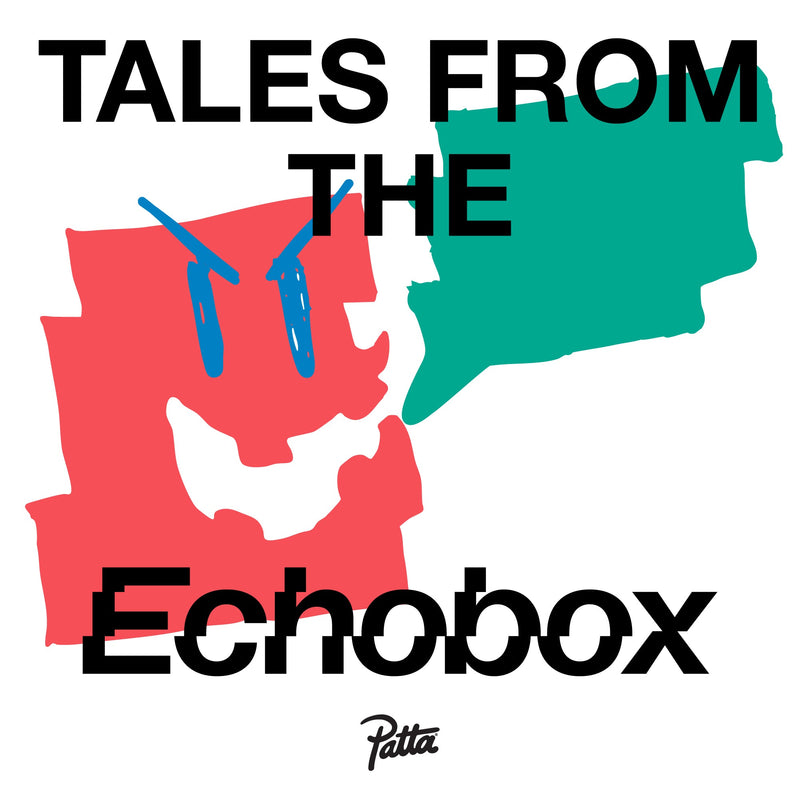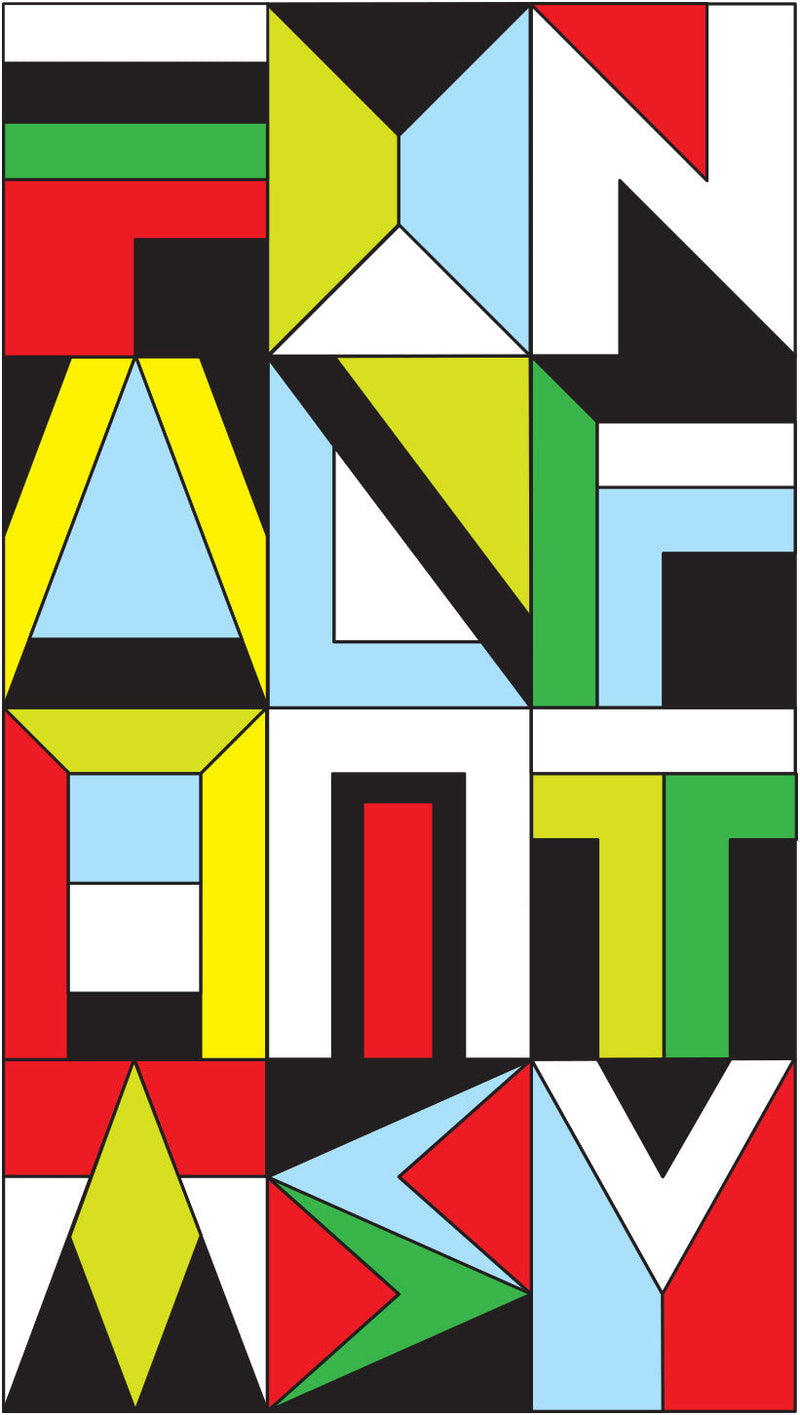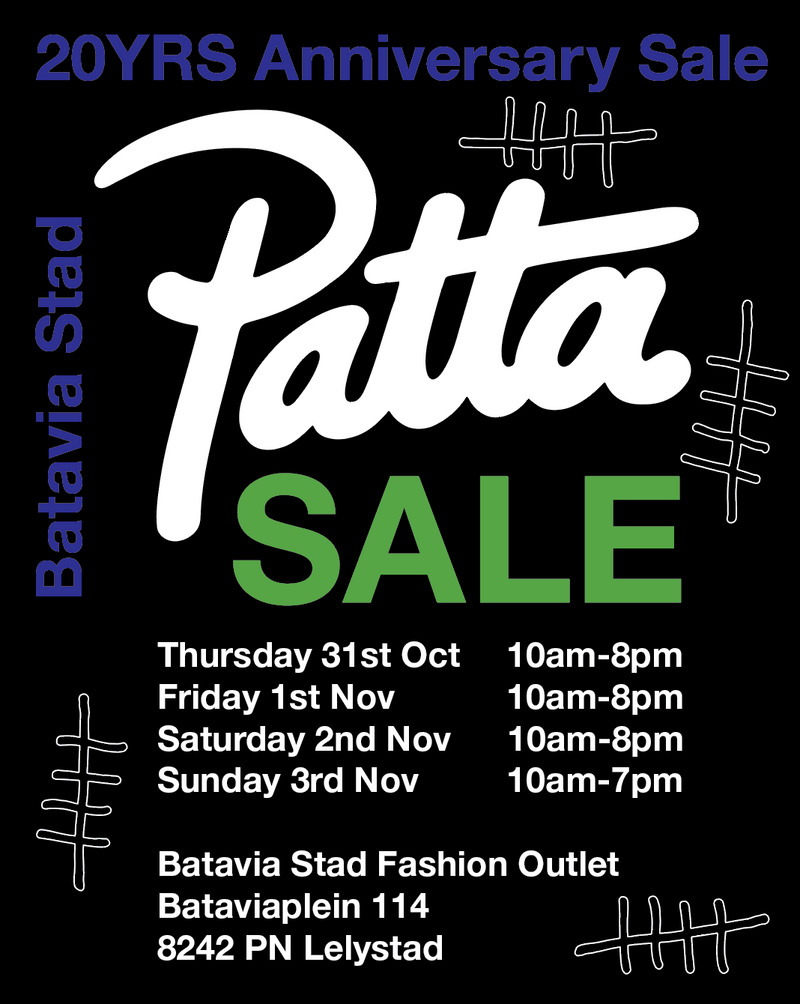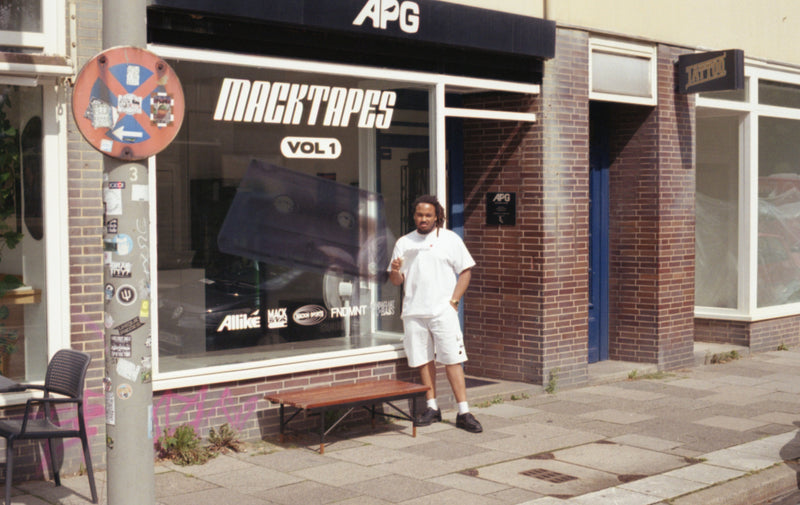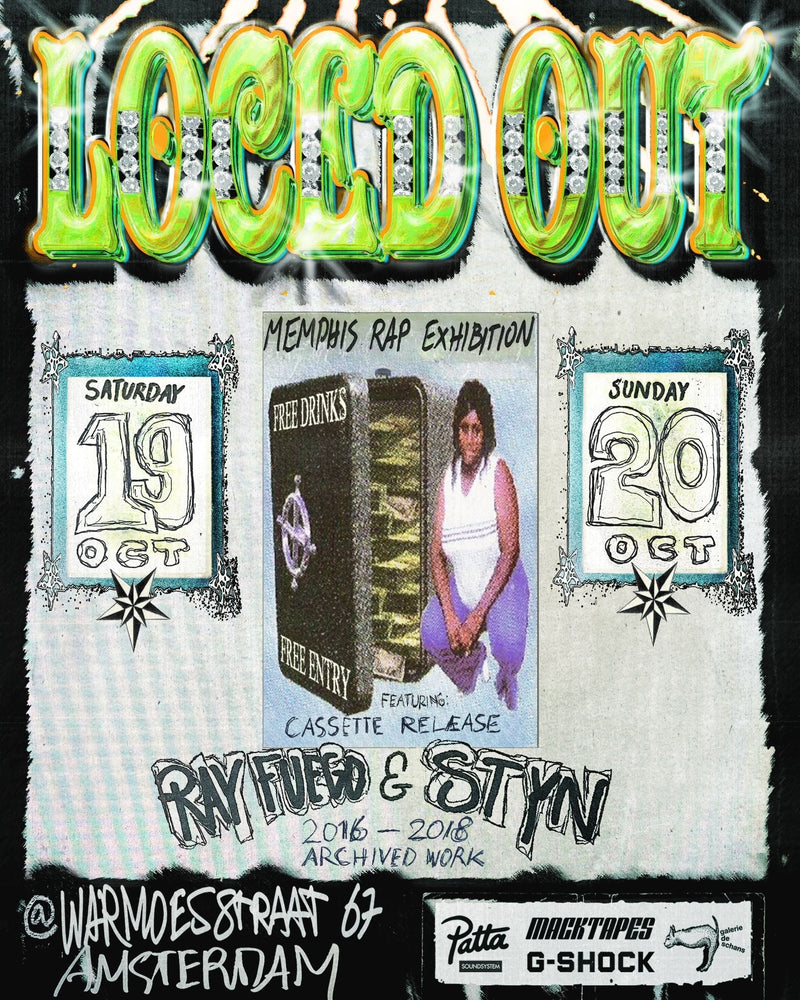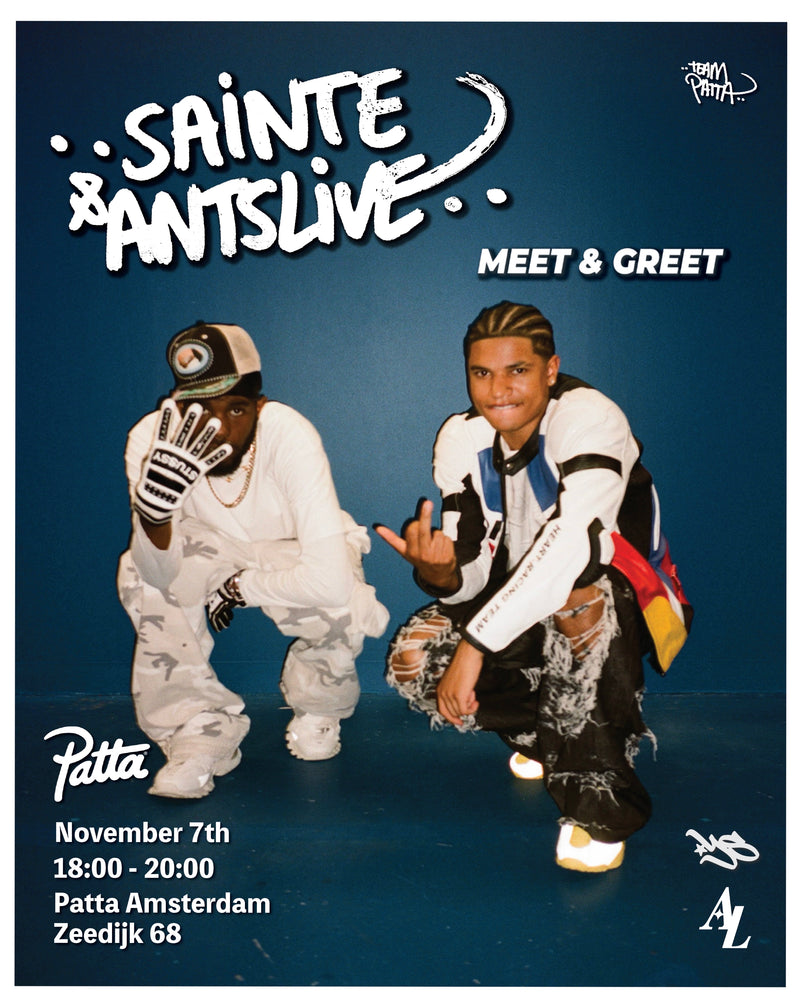
Get Familiar: Pad Link
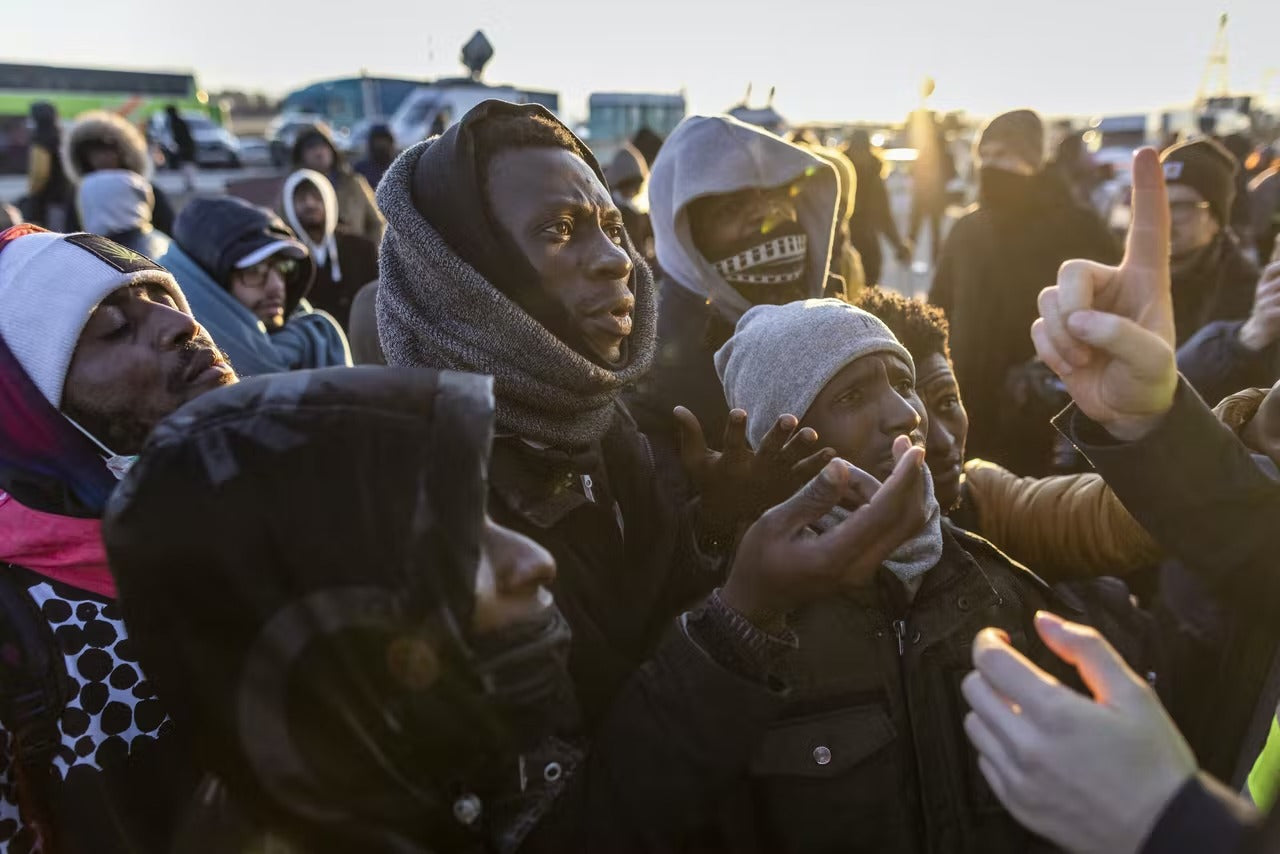
In times of crisis, marginalised groups are often affected more severely than those who belong to the majority. This has to change and one organisation trying their very best to make a difference is PAD Link. We caught up with them ahead of a fundraiser event taking place in Skatecafe, Amsterdam this coming Thursday to find out more about what they are fighting for.
Who does your organisation work with?
PAD Link works with people of African descent (PADs) across the diaspora, specifically focusing on Europe, Africa, South America, and America to address the human rights issues these people face. The issues differ per region. For instance, PAD Link is involved in Africa by advising governments and agencies on implementing human rights and rights-based approaches regarding specific issues. Europe and America are concerned with the standardised approach of applying non-discrimination legislation and human rights standards to the pursuit of equality, anti-racism, social justice and equity for PADs. It is for this reason that the foundation is named PAD Link.
How did you all come together?
It all started with us as individuals working together in responding to the needs of PADs who are affected by the war in Ukraine by being subjected to persistent acts of racial discrimination. It started with creating and managing a successful donation campaign and drive which provided essential aid and supplies to evacuated PADs in Hungary, Slovakia, Germany, Poland, and the Netherlands. We became aware of our shared interests and ambitions for empowerment efforts, strategic litigation, human rights education and needs from PADs. It is for this reason that Larry Olomofe and Fairuz Sewbaks decided to create the PAD Link foundation, joined by many wonderful colleagues and continues to grow so.
Where can somebody get involved with your cause?
It is important to note that PAD Link is a foundation centred around PADS, led by PADs and collaborates across networks with people working in different fields. However, PAD Link itself is not a cause per se but a mandate. We stand for the sustained pursuit of social equality and justice for PADs. There are many activities that PAD Link will undertake such as strategic litigation, capacity-building training, and scholarships for PAD women, among many more initiatives to come. For those who want to join forces and collaborate with PAD Link or donate, please contact us via info@padlink.org
In what ways are people of colour and people of African descent disproportionately affected by the consequences of the violence currently taking place?
It is important to note that racial discrimination never left this world and is, as a matter of fact, been increasing over the last decade. This likewise means that racial discrimination against PADs took place prior to the war in Ukraine. However, we have witnessed that the ‘shame’ of acting in a racial manner is no longer present and divergent discriminatory practices against PADs are ‘normalising’ on every level of society.
PADs were subjected to derogatory and discriminating practices from the moment that they tried fleeing away from the war. Within Ukraine, evacuation actions prioritised white Ukrainians and persistently refused black people – even those with permanent Ukrainian residency status. They were robbed of their money and small belongings violently pushed out of buses and forced to walk by foot to the bordering countries with no exception for children, (pregnant) women, or injured people. There are many instances of train personnel and white Ukrainian citizens forming a barricade that prevents PADs from leaving the country. Those already on the trains were held under gunpoint or threatened with knives to leave because their places belong to Ukrainians only. Implicitly, and often explicitly referring to the white Ukrainian population.
When arriving at the Hungarian and Polish borders, PADs were held under gunpoint and refused to enter these countries. There are many videos circulating showing how they, full of fear, hold their hands up in the air while repeatedly saying that they are fleeing from the war and seeking refuge. Even when being able to cross the borders, PADs are still not safe nor free from racial discrimination. For instance, it is known that the Polish authorities incarcerated PADs or unilaterally decided to provide this group with solely a 15-days stay, though EU law prescribes 90 days. In addition, Polish doctors in public hospitals persistently refuse to treat PADs, including mothers and children. In the same vein, the Ukrainian Embassy in Germany refuses to help PADs who forgot to take the birth certificate of their child(ren) when fleeing and are ordered to go back to Ukraine to collect their papers. This is in stark contrast with white Ukrainians who receive every type of help and cooperation as needed.
Who are the most at risk people that you have come across?
PADs across all regions are falling victim to intergenerational discrimination. The war in Ukraine is no exception as PADs are subjected to violent acts of racial discrimination. Since the beginning of the war, we evidently see that PADs are at the highest level of risk compared to white Ukrainian refugees. Therefore, it is no surprise to see that even during war, people find the ability to lose their sense of humanity and dignity, treating animals with more compassion then PADs.
What service do you provide for these people?
PAD Link is, since the start of the war in Ukraine, involved in assisting PADs and people of color (POC) that are disproportionally affected by the consequences of the violent situation and persistent acts of racism. As a foundation, we work towards providing these people with basic essentials such as food, toiletries, medical care, mental health support, small financial aid as well as providing legal assistance.
What is the event at Skatecafe all about?
As explained, PAD Link is a foundation created by PADs for PADs. However, this likewise means that we as an organization are subjected not only to racial discrimination but also to racial scepticism. The latter means that as legitimate as our cause is, we face a mistrust in establishing ally ships. This has a devastating effect on PAD Link lacking the required financial resources to continue helping the people in need.
Skatecafe offered us a unique opportunity in the form of a fundraiser to support us and to make it possible to continue this important work. They’ve organized an amazing party on June 30, where you can eat, drink, dance, and enjoy an amazing line-up of artists. Visitors are partying to support PADs who need your help! Tickets can be bought here.
What other events have you done in the past?
Throughout the first weeks of the war, PAD Link in joint collaboration with a group of individuals, established and managed a successful donation campaign in Rotterdam, the Netherlands. We’ve called upon the community to donate basic supplies such as clothing, food, sanitary products, and baby products, among other essential aid. The supplies were disseminated under PADs and POCs in Hungary, Slovakia, Poland, the Netherlands, and Germany.
PAD Link was also involved in numerous discussion panels to create more awareness regarding this situation and to work towards empowering the black community. On May 4, we took place in a panel discussion focusing on the commemoration of World War 2 and the stories that don’t make it into the news. We’ve discussed at length how mainstream media solely focuses on white Ukrainian refugees and leaves the stories of PADs unmentioned. Another discussion panel on May 8, organized by Jerry Afriyie from Stichting Nederland Wordt Beter, focused on what it means to be black and Muslim and the potential struggles attached. PAD Link contributed by discussing this intersectionality from the perspective of the PADs fleeing from the war in Ukraine and the discrimination as aforementioned. These critical points were again raised on June 20, which marked International Refugee Day.
Also, note down July 17 in your agenda as PAD Link X Lab 111 will organize another panel discussion with a line-up of some interesting speakers. We will kick off by watching a short documentary showing the discrimination PADs face within Ukraine while fleeing to the bordering countries. As PAD Link worked on – and continues to do so – thousands of individual cases, we will share of some these with you and show exclusive footages!
What is a good resource for educating yourself on these issues?
Talk to a Black person and listen to them on their own terms. Hear what their realities are. Simply start by hearing them out without passing a judgment on their experiences. A sense of denial kicks in whenever we inform non-PADs about these realities. The first response people often give is “I am not a racist”. Also, a simple search on Google will provide you with a wide variety of educational resources. For instance, there are academic articles, human rights reports, historical encounters, and so on. Many Black activists went before us, actively discussing the life experiences of PADs. Listen to the speeches of Malcolm X, Martin Luther King Jr., and the Black Panthers. If you want to bring it closer to home, get yourself familiar with the Black Pete discussion in the Netherlands and listen to what PADs are fighting for.
Also, get familiar with the history of colonialism, enslavement, and apartheid. The intergenerational suppression of PADs continues, to date, in every part of the world. If people take these educational steps, they will understand the mandate of PAD Link and will agree that these issues need to stop. To somewhat help you in getting familiar with the racial discrimination faced by the PADs affected by the war in Ukraine, we suggest you watch the following short documentary.
